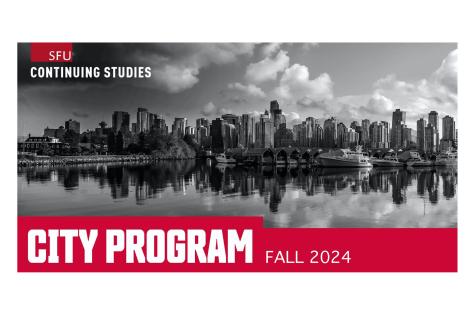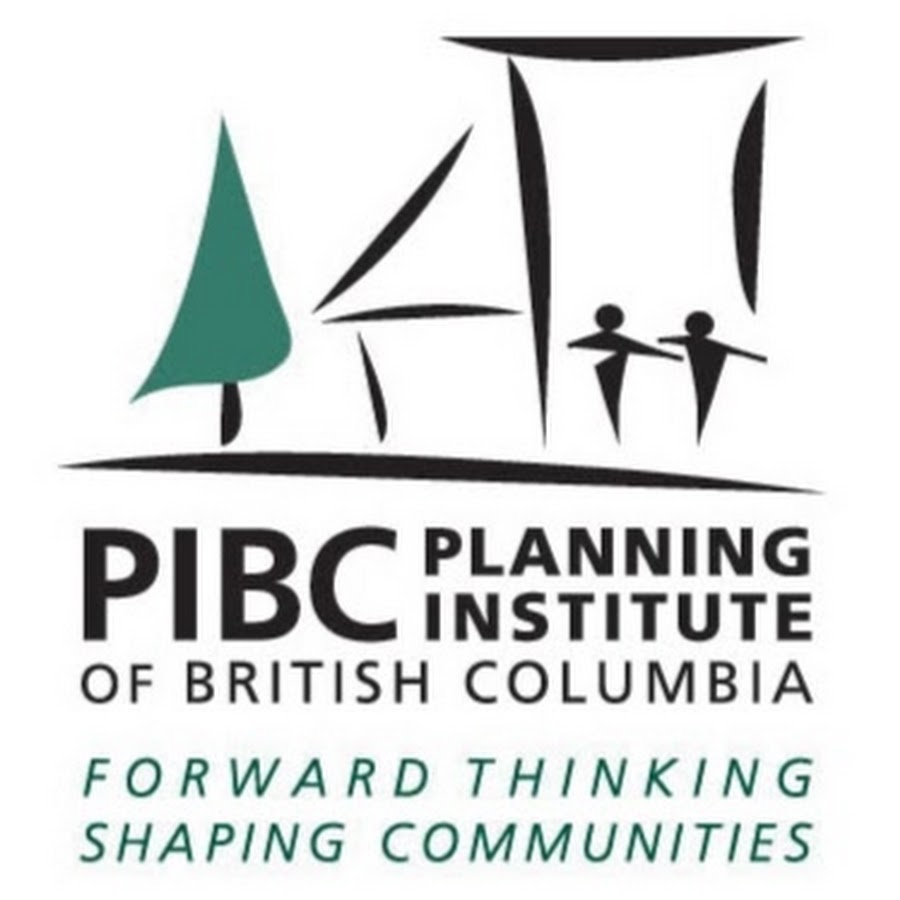This course is three evenings online beginning November 26 and is eligible for PIBC CPL credits.
Problems in urban sustainability, housing, transportation, land use, farmland security and infrastructure often go beyond the boundaries of a single municipality. Solving these problems requires an approach that brings various municipalities in a region together through shared strategies and action. Learning the “what”, “how”, and “why” of regional planning creates a powerful perspective on trying to solve some of the biggest urban problems facing cities and regions today.
This course will benefit anyone who wishes to learn how to solve common urban problems through mutual cooperation and negotiation. You will be introduced to the purpose, theory and practice of regional planning and how it applies to many current problems faced by cities. From viewing urban problems through a “regional lens” to learning about basic tools like regional population and employment forecasts, this course surveys how shared problems can be solved by municipalities working together.
The course will include a discussion of contemporary debates on urban and regional issues. Some key topics include: the tension between local and regional planning, industrial land protection, farmland security, environmental protection, regional housing markets, the effectiveness of regional planning and its limitations, and the relationship between regional land use and transportation planning. The emphasis will be on regional district planning in BC, with a focus on Metro Vancouver, but examples of best practices and case studies will be highlighted from around the world.
Course Details
Schedule: Nov 26, Dec 3, 10 - 6:00-9:00pm PT
Location: Online via Canvas and Zoom
Instructor: Christina DeMarco
To register for the course, visit: https://www.sfu.ca/continuing-studies/courses/city/regional-planning-fundamentals.html







